
Karol Maciej Szymanowski was a Polish composer and pianist. He was a member of the modernist Young Poland movement that flourished in the late 19th and early 20th century.

Stefan Kisielewski, nicknames Kisiel, Julia Hołyńska, Teodor Klon, Tomasz Staliński, was a Polish writer, publicist, composer and politician, and one of the members of Znak, one of the founders of the Unia Polityki Realnej, the Polish libertarian and conservative political party.

Witold Roman Lutosławski was a Polish composer and conductor. Among the major composers of 20th-century classical music, he is "generally regarded as the most significant Polish composer since Szymanowski, and possibly the greatest Polish composer since Chopin". His compositions—of which he was a notable conductor—include representatives of most traditional genres, aside from opera: symphonies, concertos, orchestral song cycles, other orchestral works, and chamber works. Among his best known works are his four symphonies, the Variations on a Theme by Paganini (1941), the Concerto for Orchestra (1954), and his cello concerto (1970).
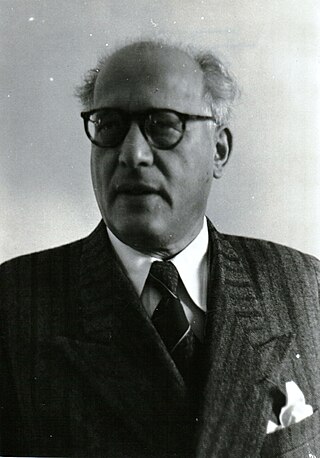
Grzegorz Fitelberg was a Polish conductor, violinist and composer. He was a member of the Young Poland group, together with artists such as Karol Szymanowski, Ludomir Różycki and Mieczysław Karłowicz.
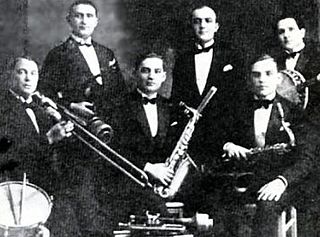
Jerzy Petersburski was a Jewish Polish pianist and composer of popular music, renowned mostly for his Tangos, some of which were milestones in popularization of the musical genre in Poland and are still widely known today, more than half a century after their creation.
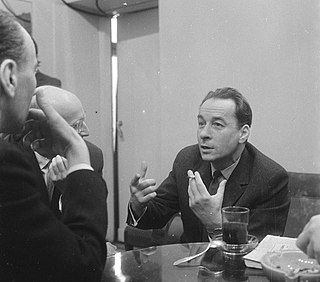
Witold Rowicki was a Polish conductor. He held principal conducting positions with the Warsaw Philharmonic Orchestra and the Bamberg Symphony Orchestra. Witold Lutoslawski's Concerto for Orchestra was dedicated to him.
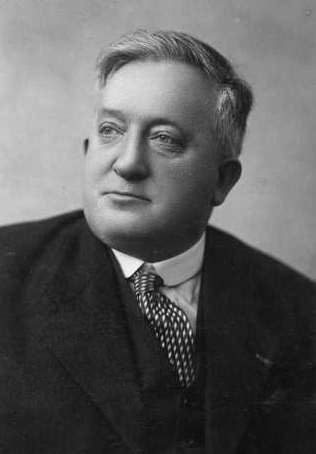
Ludomir Różycki was a Polish composer and conductor. He was, with Mieczysław Karłowicz, Karol Szymanowski and Grzegorz Fitelberg, a member of the group of composers known as Young Poland, the intention of which was to invigorate the musical culture of their generation in their mother country.
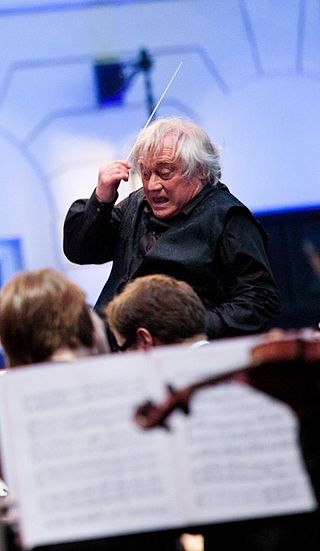
Jerzy Jan Maksymiuk is a Polish composer, pianist and orchestra conductor.
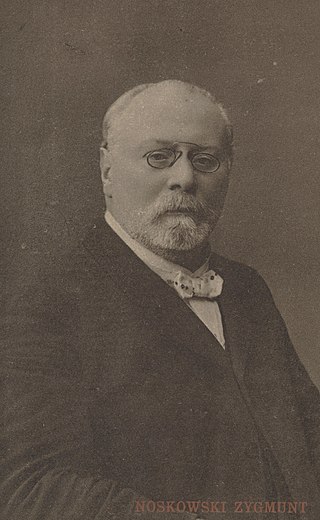
Zygmunt Noskowski was a Polish composer, conductor, and teacher.
Bohdan Wodiczko was a Polish conductor and music teacher.
The Chopin University of Music is a musical conservatorium and academy located in central Warsaw, Poland. It is the oldest and largest music school in Poland, and one of the largest in Europe.
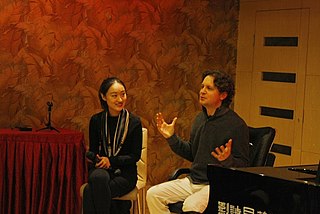
Daniel Vnukowski is a Polish Canadian pianist and classical music broadcaster.

Witold Maliszewski was a Polish composer, founder of Odessa Conservatory, and a professor of Warsaw Conservatory.

Kazimierz Sikorski was a Polish composer. His arrangement of the "Mazurek Dąbrowskiego" is currently used as the Polish national anthem.
Władysław Daniłowski was a Polish and American pianist, composer and singer. A pioneer of jazz and tango in Poland, in the United States he is best known as a promoter of polka music. He wrote the score for the first Polish sound film.
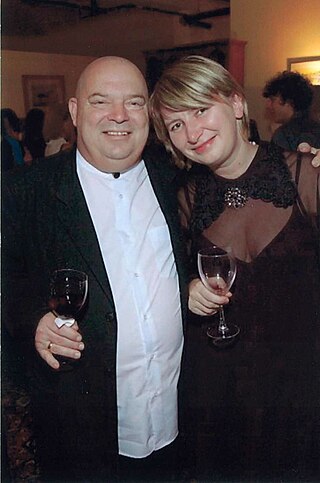
Piotr Janowski was a Polish violinist and first Polish winner of the Henryk Wieniawski Violin Competition.

Tadeusz Szeligowski was a Polish composer, educator, lawyer and music organizer. His works include the operas The Rise of the Scholars, Krakatuk and Theodor Gentlemen, the ballets The Peacock and the Girl and Mazepa ballets, two violin concertos, chamber and choral works.

Jerzy Fitelberg was a Polish-American composer.
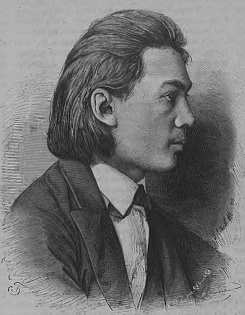
Antoni Stolpe was a Polish composer and pianist.
Ludwik Regamey (1877-1967) was a Polish construction engineer by trade. He worked in Bydgoszcz where he had a very active associative life as a musician. He was the first chairman of the Alliance Française in Bydgoszcz. After moving to France in 1934, he was a formidable promoter of French and Polish culture exchanges till his demise in 1977, in Toulouse.















